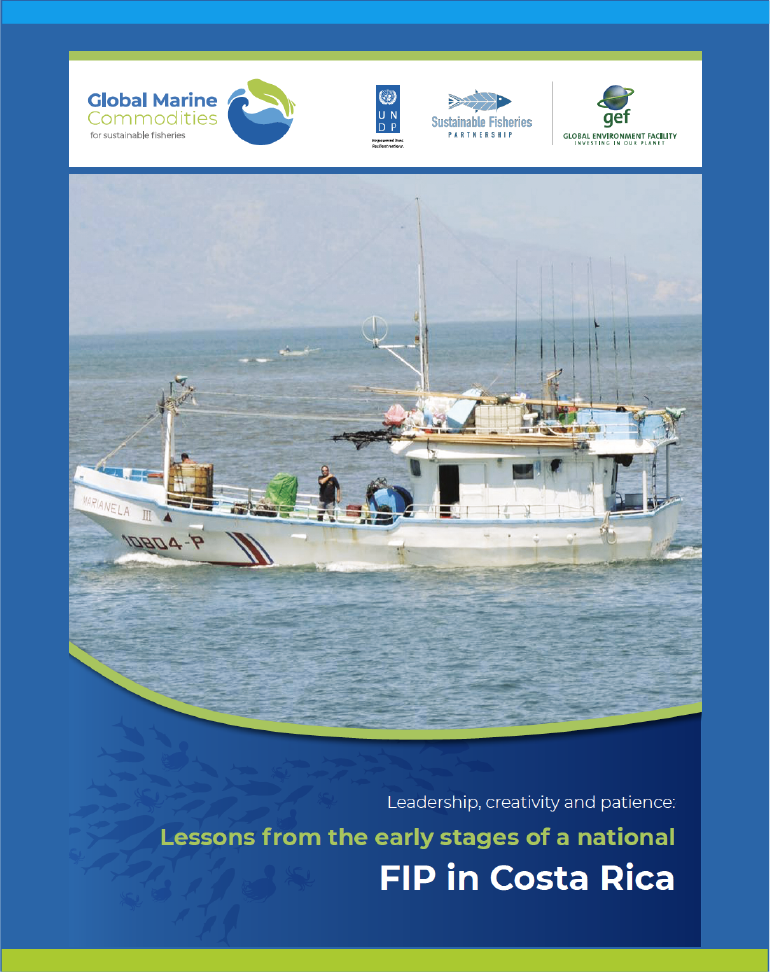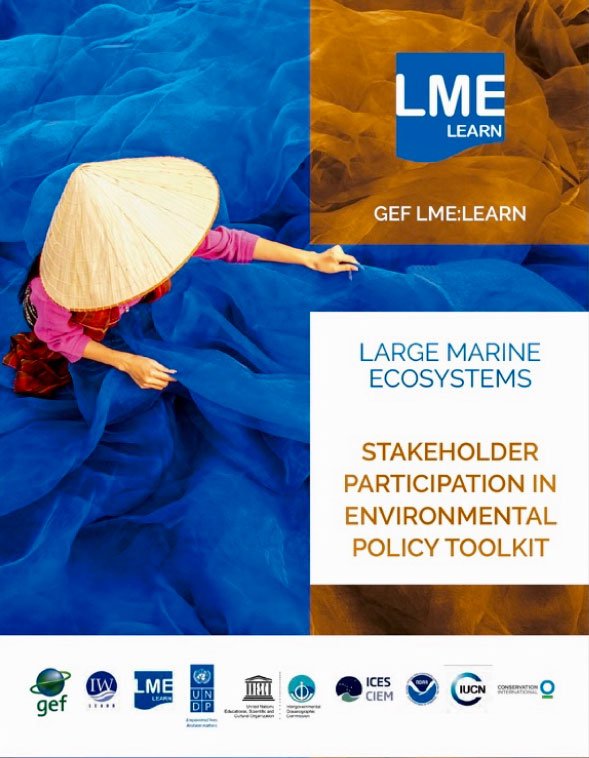Lessons from the early stages of a national FIP in Costa Rica

Abstract:
The Costa Rican large pelagic fishery stakeholders have been working together in order to transform a small FIP initiative involving some actors in the supply chain into a national scale initiative involving all representatives from the producing sector. In efforts to expand the reach of its improvements, the newly launched national-level Longline and Green stick Large Pelagic FIP participated in the process of constructing the 20-year Large Pelagic National Action Plan and more recently collaborated with the Regional Committee of Mahi-mahi (COREMAHI). By engaging with COREMAHI, the FIP aims to identify common needs with their mahi-mahi producing peers in Ecuador and Peru and together lobby their national representatives to achieve the needed policy changes at regional level for the sound management of mahi stocks. This document summarizes the principal lessons learned discussed by a group of panelists involved in the formulation of the Costa Rica Large Pelagic Longline and Green Stick FIP.Organization(s): UNDP
Publication year: 2020
Keywords:
Geographic keywords:
Language(s): English
How useful was this document?
Share:
Stakeholder Participation in Environmental Policy Toolkit


Abstract:
Environmental policy and management only succeed if key stakeholders feel engaged and have bought into the design of the actions concerned. The Toolkit for Stakeholder Participation in Environmental Policy (in further text: Toolkit) provides practical guidance on how to achieve this, focusing on the Large Marine Ecosystem (LME) projects, which seek to advance ecosystem-based management approach and action in five modules: productivity, fish and fisheries, pollution and ecosystem health, socioeconomics, and governance.Organization(s): GEF LME: LEARN
Publication year: 2018
Keywords:
Geographic keywords:
Language(s): English
How useful was this document?
Share:
Environmental Economics for Marine Ecosystem Management Toolkit


Abstract:
The purpose of this toolkit is to show how environmental economic methods can be used to produce information to support decision-making in the context of LME, MPA, ICM, Marine Spatial Planning (MSP) and climate change adaptation. Specifically, it is designed to help a broad audience of practitioners, managers, government officials, private sector managers, NGOs, and statisticians to understand the available environmental economic tools and how the information generated can be used to inform the decisions that they make. The broad objective of this toolkit is to provide an understanding of how environmental economic methods can be used to support decision-making in the context of LME/MPA/ICM. To this end, the Toolkit provides: 1 A brief introduction to key environmental economic principles that are relevant to LME/MPA/ICM, 2 Non-technical explanations of environmental economic methods and their applicability to different decision contexts.Organization(s): GEF LME: LEARN
Publication year: 2019
Keywords:
Geographic keywords:
Language(s): English
How useful was this document?
Share:

